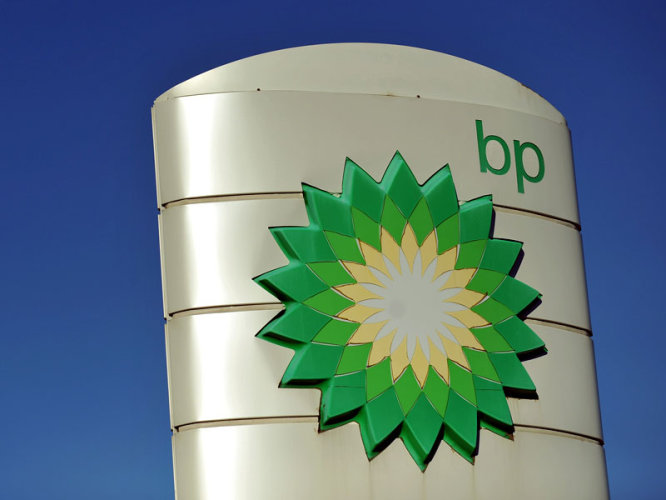
The nuclear phaseout, reported by both the Kyodo News agency and broadcaster NHK based on a draft of the policy, comes amid fierce political debate about this country’s 50 operable reactors, which are both prone to disaster and vital to the economy.
Reports: Japan plans for nuclear phaseout by 2030s
BP sued over massive release of pollutants in Texas

The April 20, 2010, explosion of the Deepwater Horizon in the Gulf of Mexico came two weeks after the BP refinery began releasing pollutants into the air through a 300-foot flare that is designed to burn them away. BP reported at least 538,000 pounds of gases, including 17,371 pounds of cancer-causing benzene, spewed from the flare over 40 days.
Nearly 90 percent of US gas service lines aren't fitted with the valves that could save lives
 The bulldozer was clearing land outside a day care center in Hapeville, Ga., when it broke open a buried 1-inch pipeline. The escaping gas ignited into a fireball that killed nine people, including seven children settling down for their afternoon naps.
The bulldozer was clearing land outside a day care center in Hapeville, Ga., when it broke open a buried 1-inch pipeline. The escaping gas ignited into a fireball that killed nine people, including seven children settling down for their afternoon naps.
That was 1968. Since then, there have been at least 270 similar accidents across the country that could have been prevented or made less dangerous by a valve that cuts off leaking gas and costs as little as $10-$15 for homes and small businesses and $200-$300 for larger buildings, an Associated Press investigation found.
Feds OK with equipment change at California nuke plant

Environmental activists have accused Southern California Edison of duping the Nuclear Regulatory Commission about a series of changes to the massive machines, including boosting the number of tubes and redesigning internal supports.
Is DEC’s top regulator too close to Big Energy for comfort?

Perhaps it's relevant that Field also sees global warming as a good thing. Field is listed on the Global Warming Petition Project calling for the U.S. to reject international global warming agreements, while claiming there is “no convincing evidence” that manmade greenhouse gases will disrupt the earth’s climate.
U.S. ranks low in energy efficiency among world's major economies

The survey by the American Council for an Energy Efficient Economy ranked countries on a 100-point scale, using 27 metrics grouped into four major categories: national efforts, buildings, industry and transportation.
Thanks to North Dakota, US waste of natural gas grows rapidly
 The United States is flaring so much natural gas into the atmosphere - burning it as oil-field waste rather than extracting energy from it in power plants - that it now leads the world in the growth rate at which it is trashing that energy source.
The United States is flaring so much natural gas into the atmosphere - burning it as oil-field waste rather than extracting energy from it in power plants - that it now leads the world in the growth rate at which it is trashing that energy source.
Evidence of the trend can be seen flickering in the night across western North Dakota, where new oil drilling in the Bakken shale formation there has helped propel a surge in US flaring since 2007. As is often the case, many companies find it cheaper to burn off gas that emerges in new oil fields, rather than build pipelines and facilities to collect it.
More Articles...
Page 8 of 43

 Energy Glance
Energy Glance






























